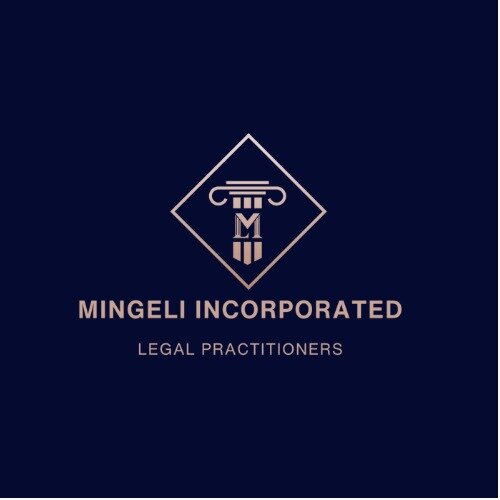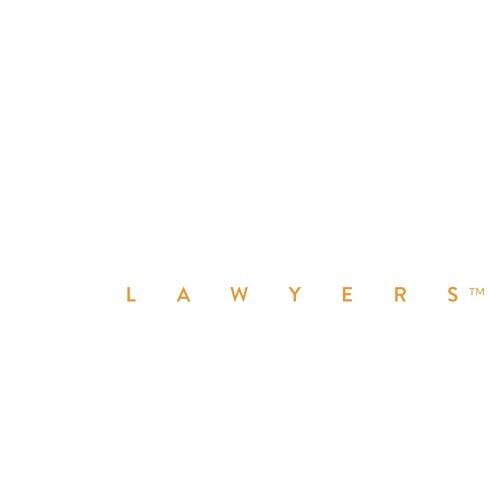Best Employment Rights Lawyers in Windhoek
Share your needs with us, get contacted by law firms.
Free. Takes 2 min.
List of the best lawyers in Windhoek, Namibia
About Employment Rights Law in Windhoek, Namibia
Employment rights law in Windhoek, Namibia, is principally governed by the Labour Act of 2007. This legislation establishes the legal framework for employment, ensuring fair labor practices and protecting the rights of workers. The Act addresses matters such as employment contracts, termination of employment, discrimination, wages, working conditions, and dispute resolution. In Windhoek, like the rest of Namibia, these laws are designed to promote fair treatment in the workplace and to provide recourse for employees who believe their rights have been violated.
Why You May Need a Lawyer
There are several situations in which individuals may require legal help in employment rights. Common scenarios include experiencing unfair dismissal, workplace discrimination or harassment, disputes over contracts or wages, and unsafe working conditions. Seeking legal advice is crucial for understanding your rights, evaluating the merits of your case, and determining the best course of action. A lawyer specializing in employment rights can also help navigate the often complicated legal processes involved in resolving these issues.
Local Laws Overview
Key aspects of local laws relevant to employment rights in Windhoek include:
- Employment Contracts: Must be provided in writing and detail the terms of employment, including job role, salary, and working conditions.
- Minimum Wage: Employers must adhere to the minimum wage standards set by the government, varied by sector.
- Working Hours and Overtime: The Labour Act specifies the maximum number of working hours and conditions under which overtime may be paid.
- Unfair Dismissal: The law protects employees from unjust termination of employment and requires that due process be followed.
- Discrimination and Harassment: The law prohibits workplace discrimination and harassment on grounds such as gender, race, disability, and HIV status.
- Leave Entitlements: The Act outlines various leave types, including annual leave, sick leave, and maternity leave.
- Health and Safety: Employers are required to ensure a safe and healthy working environment.
Frequently Asked Questions
What is the minimum wage in Windhoek, Namibia?
The minimum wage varies by industry and is adjusted periodically. Specific details can be obtained from the Ministry of Labour, Industrial Relations and Employment Creation.
Can I be dismissed without notice?
No, employers are generally required to provide notice or payment in lieu of notice unless dismissal is for gross misconduct.
How do I report workplace harassment?
Workplace harassment can be reported to your employer, a union representative, or the Labour Inspectorate for further action.
Am I entitled to severance pay?
Employees are generally entitled to severance pay when dismissed for certain reasons, such as redundancy or organizational restructuring.
What should an employment contract include?
An employment contract should include job description, salary, work hours, leave entitlement, and other terms of employment.
Can I take legal action if my employer is not paying me on time?
Yes, employees can lodge a complaint with the Labour Commissioner or pursue legal action for unpaid wages.
What is considered unfair dismissal?
Unfair dismissal occurs when an employer terminates employment without valid reason or disregard for due process.
How can I prove workplace discrimination?
Gather evidence such as emails, messages, witness testimonies, and maintain a detailed record of discriminatory events.
Is there a statutory limit on overtime work?
Yes, the Labour Act sets limits on overtime work and ensures it is compensated appropriately.
How do I resolve a labor dispute?
Initially, try to resolve conflicts through internal mechanisms, or seek mediation and arbitration through the Labour Commissioner.
Additional Resources
Consider reaching out to the following resources for assistance:
- Ministry of Labour, Industrial Relations and Employment Creation: Provides guidance and resources on employment rights.
- Office of the Labour Commissioner: Offers mediation and arbitration services for labor disputes.
- Trade Unions: Can offer support and representation for members facing employment issues.
- Legal Assistance Centre: Offers legal advice and assistance, particularly for human rights-related matters.
Next Steps
If you need legal assistance in employment rights, consider taking the following steps:
- Document Everything: Keep thorough records of any incidents, communications, and relevant documents.
- Consult a Legal Professional: Seek guidance from a lawyer specializing in employment law for personalized advice and strategy.
- Engage with Relevant Bodies: Contact the Ministry of Labour or the Labour Commissioner for support if necessary.
- Consider Mediation: Sometimes disputes can be resolved through mediation rather than litigation.
- Pursue Legal Action if Necessary: If advised, proceed with legal action to uphold your rights and seek appropriate remedies.
Lawzana helps you find the best lawyers and law firms in Windhoek through a curated and pre-screened list of qualified legal professionals. Our platform offers rankings and detailed profiles of attorneys and law firms, allowing you to compare based on practice areas, including Employment Rights, experience, and client feedback.
Each profile includes a description of the firm's areas of practice, client reviews, team members and partners, year of establishment, spoken languages, office locations, contact information, social media presence, and any published articles or resources. Most firms on our platform speak English and are experienced in both local and international legal matters.
Get a quote from top-rated law firms in Windhoek, Namibia — quickly, securely, and without unnecessary hassle.
Disclaimer:
The information provided on this page is for general informational purposes only and does not constitute legal advice. While we strive to ensure the accuracy and relevance of the content, legal information may change over time, and interpretations of the law can vary. You should always consult with a qualified legal professional for advice specific to your situation.
We disclaim all liability for actions taken or not taken based on the content of this page. If you believe any information is incorrect or outdated, please contact us, and we will review and update it where appropriate.
















